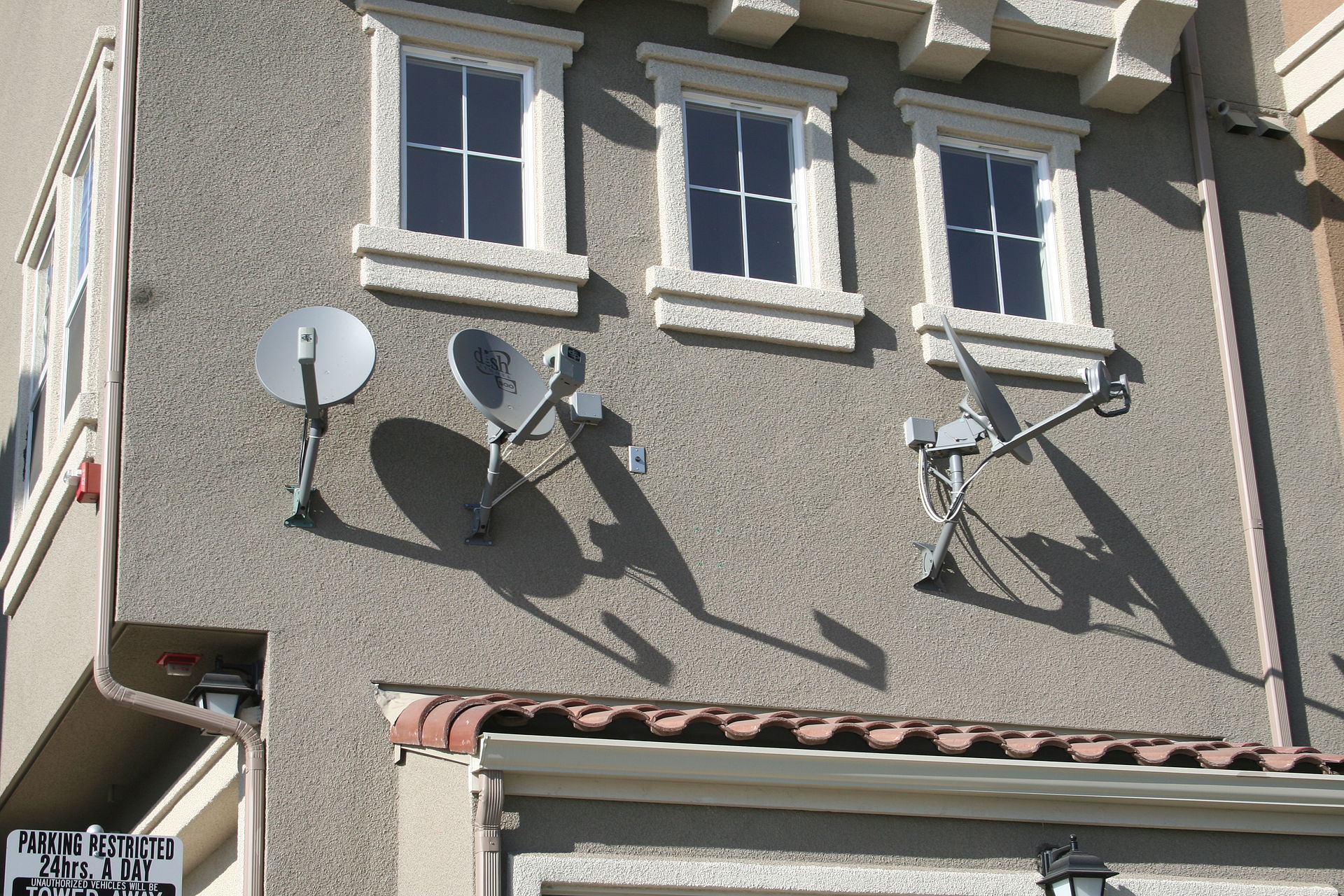A powerful federal agency can override local laws limiting access to TV. But housing? Nope.
Local control. It’s the bedrock principle of land use planning. Cities and neighborhoods should have absolute control over the kinds of buildings that get built in their community. We dare not let state, or especially the federal government interfere in these decisions.

Measures–like California’s proposed SB 827–that would assert an overriding state interest in getting housing built so that everyone has the opportunity to live in a community, and so that housing is affordable, are regularly defeated because they would impinge on local control.
Even when the federal government has some overriding civil rights interest–like enforcing the half-century old Fair Housing Act–it can do so only through a cumbersome and uncertain legal process, and its efforts are often undercut by local governments who can’t effectively be compelled to allow affordable housing to be built where they don’t want it.
So imagine that there was a federal agency with sweeping powers to administratively invalidate local ordinances the interfered with people’s rights to get a vital service.
There is.
It’s the Federal Communication Commission and when it comes to getting affordable access to a TV signal, it’s powers are nearly omnipotent. Thanks to Communications Act of 1996 it has overriden local controls on TV antennas. Case in point: The FCC took action to invalidate a Philadelphia ordinance generally prohibiting the attachment of satellite TV dish antennas to the front of buildings. The city was trying to reduce the blight from dishes being attached to building facades, by requiring that they be placed in less conspicuous locations if possible, and removed when no longer in use. Here’s how EfficientGovernment.com described the ruling:
The FCC ruled that the city ordinance interfered with the building owners (or the tenants) rights to get access to a satellite television signal. The commission adopted rules generally prohibiting local governments from limiting antenna installation and placement. The rules were adopted to achieve the Communication Act’s goal:
“to make available, so far as possible, to all the people of the United States . . . a rapid, efficient, nation-wide, and world-wide wire and radio communication service with adequate facilities at reasonable charges . . . .”
It’s fascinating to read the rationale the FCC used for striking down the ordinance. Philadelphia didn’t ban antennas, for example, the way cities routinely ban apartments. It only regulated the placement of dishes, and required their removal when no longer used. But the FCC found even these minimal requirements would drive up the cost and reduce the access to TV, and so were impermissible. The FCC judged that the requirements of the ordinance would “unreasonably increase the cost” of satellite service, and would have an adverse competitive effect on satellite TV compared to other sources of receiving television signals.
Procedurally, the FCC was able to take direct action to invalidate the ordinance, and the strength of the federal statute in its favor leaves little doubt as to the outcome of the proceeding. Remarkably, the FCC was authorized under federal law to strike down the ordinance before it had even taken effect: it essence, it didn’t wait for anyone to be harmed to rule that the ordinance was invalid and couldn’t be enforced.
This is a sharp contrast to the way fair housing laws work. Even though its well understood that local zoning requirements have the effect of excluding entire classes of people from living in certain cities and neighborhoods, and that collectively the application of restrictive zoning in tight markets has the effect of reducing affordability–a point made by the President’s Council of Economic Advisers in 2015–no federal agency has comparable power to protect anyone’s right to housing. We’re trying to imagine, for example, a federal affordable housing commission ruling that a city’s ban on apartments, or its parking requirements limit individual rights, and restrict the housing choices of residents.
It speaks volumes about American priorities that the right to watch television is better protected than the right to housing. If a local government takes even a limited action to regulate TV antennas–in a way that only modestly and indirectly affects costs–the swift and certain power of the federal government stands in its way. If a local government flat out bans affordable housing, crickets.
Perhaps if the housing industry were as concentrated as television broadcasting, there’d be more political support for federal preemption of local ordinances. The cable television, satellite broadcasting and cellular telephone companies have all lobbied for extensive federal preemption of local regulations on antennas and other infrastructure.

